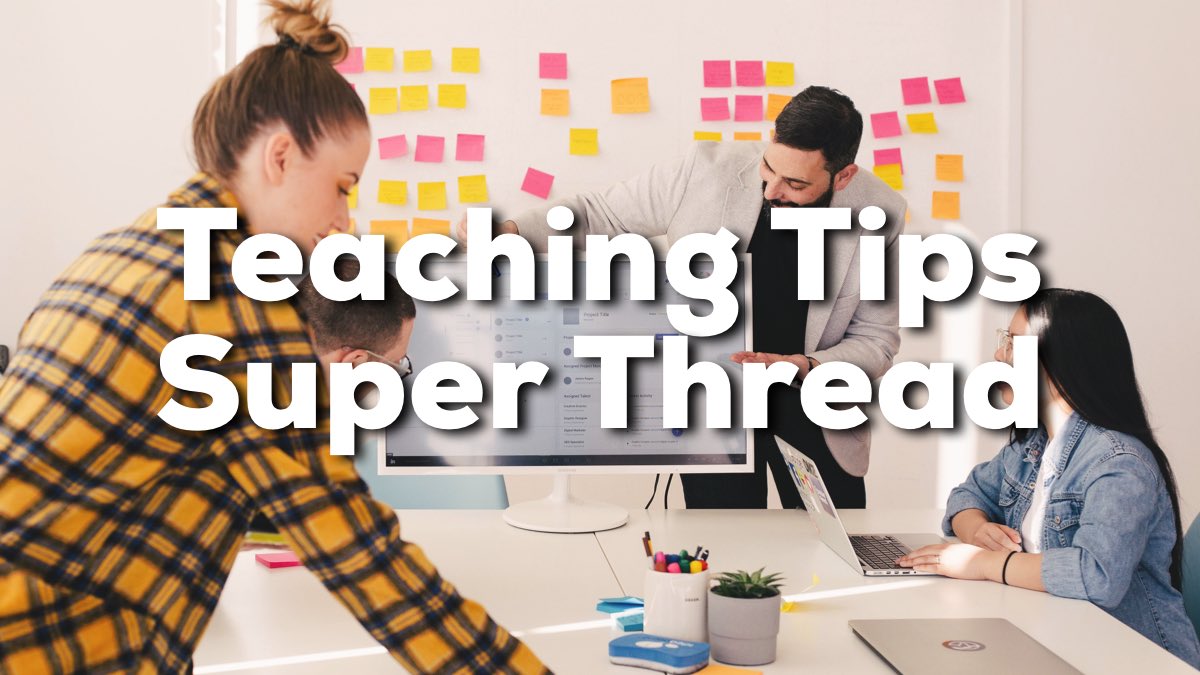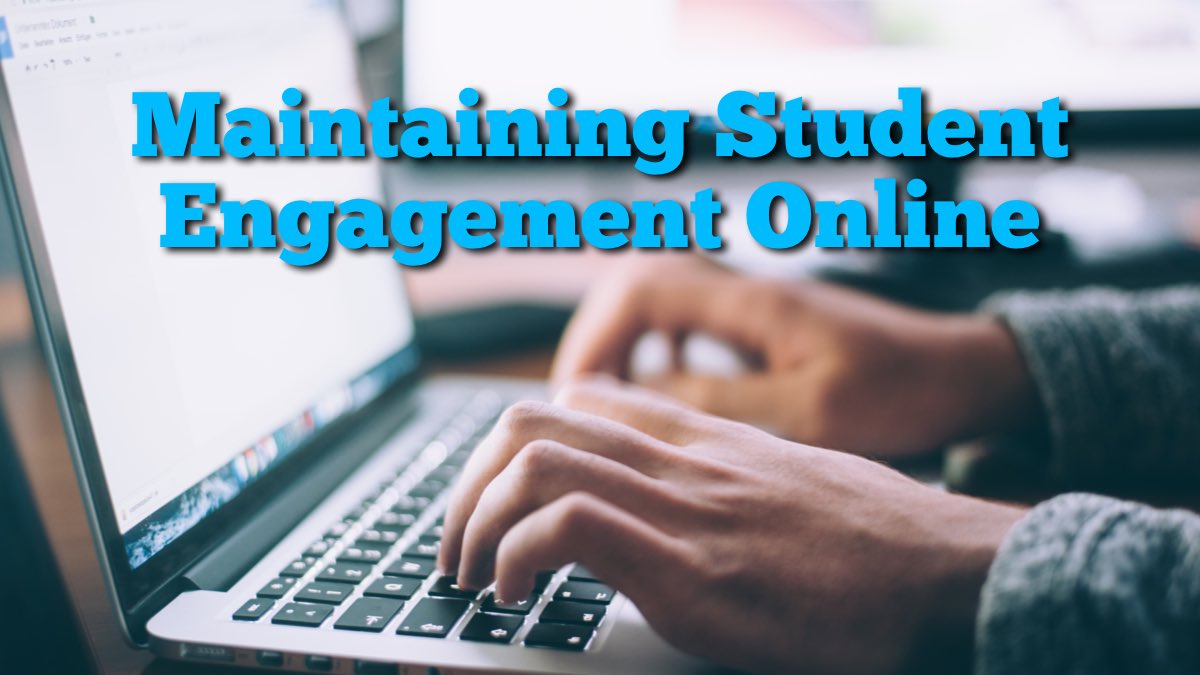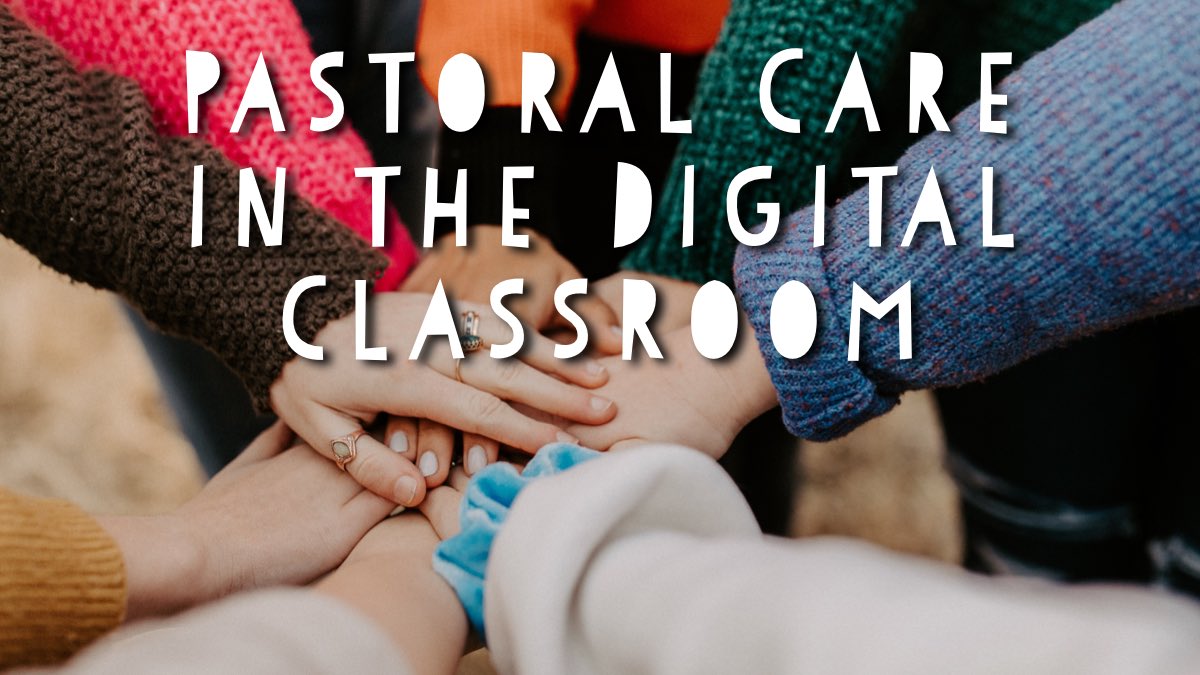
Super pleased to announce the programme for #PracticalPedagogy1 . There will be three streams of talks for a full day of practical pedagogy.
chrisheadleand.com/practical-peda…
Please share with your colleagues and institutions. It is going to be great!
[thread]
chrisheadleand.com/practical-peda…
Please share with your colleagues and institutions. It is going to be great!
[thread]

The #PracticalPedagogy1 conference is the natural evolution of the @pedPancakes seminars, and it sits as part of that initiative. It will be a unique, fun, and fruity blend of academic development and knowledge exchange - all with in a friendly and supportive community [2/8]
You can register via the website, or directly on Eventbrite. lncn.ac/practical
Tickets are available on a "pay what you want" donation model. This is an experiment; there are a number of running costs, but we want to keep the event as inclusive as possible. [3/8]
Tickets are available on a "pay what you want" donation model. This is an experiment; there are a number of running costs, but we want to keep the event as inclusive as possible. [3/8]
A huge thank you to all the people who have made submissions. I am always amazed by how supportive the HE community is. This went from a small event to something quite serious rather quickly - your participation has made this possible, thank you for that! [4/8]
Also, a huge thank you to the committee (see website) and reviewers (see website) who have double-blind reviewed every submission. It has been a huge amount of work in a short amount of time. This has been so appreciated, thank you! [5/8]
And a massive thank you to the team at @talis who have been supporting the event. Especially @mdleast who has also joined the team and offered support as panel chair. There are so many great people at Talis who have just been so supportive (not just for this) [6/8]
Are students welcome (I hear you cry)-- of course they are! If you work with any students who are interested in education, or are current peer mentors/tutors, please bring them along. Our engagement officer @hollytyers from @PsychLincoln is helping loads here [7/8]
We are currently working on plans for a special issue to come out of the conference. All authors will receive details of this at a later stage. However, all are also encouraged to submit their materials to @NTRepository / @belld17 and @drntasler - details on website [8/Done]
@UoLEdSoc - Any of your members interested in coming along?
• • •
Missing some Tweet in this thread? You can try to
force a refresh







